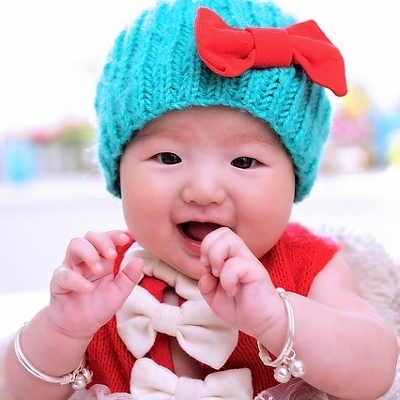 Puberty is inevitable in growing up. It’s complex to talk about with tweens as they start to notice the changes within themselves. But it’s especially awkward when your child isn’t intellectually or emotionally prepared for the physical changes to begin.
Puberty is inevitable in growing up. It’s complex to talk about with tweens as they start to notice the changes within themselves. But it’s especially awkward when your child isn’t intellectually or emotionally prepared for the physical changes to begin.
I made a very big mistake when I began to discuss puberty with my Autistic son. When I noticed that he was starting to transition into a young man, I presented him with a brochure I found at a pediatrician’s office that discussed puberty in boys (they had ones for girls too). I told him to read the pamphlet and then ask me if he had any questions. Wrong move, mom. From the moment he started reading until the agonizing end, my child cringed and flinched over every word he saw. Penis. Pubic hair. Ejaculation. It was all too much for him. I did not realize that he was going to be traumatized by the idea that he was going to have “hormonesâ€.
Children with special needs thrive on routine and are not always receptive to change. So, when the time comes that you need to broach the subject of puberty with your special needs child, you will want to do so with strategy.
Before you start, ask your child what they already know about the subject. Â Their answers may surprise you considering what they learn from peers, media, school, etc.
Make sure that you and your tween have a lot of time to dedicate to the subject. It doesn’t have to be a very long conversation all in one day. Introduce the subject subtly at first, and allow your child to come to you with follow up questions. This will create a more comfortable and equally open conversation. If the changes are already starting to happen and you need to explain them as they come, do so with real terminology and be honest about what to expect to eliminate fear.
Most kids with special needs are used to being “specialâ€, so they may not understand that what is happening to them happens to everyone. Use this as an opportunity to show them that they themselves may have special needs but there is nothing abnormal about maturing and what is happening to their bodies.
Instill the need to add new hygiene to the bath time routine including armpits and below the belt. Introduce deodorant as soon as your child is comfortable wearing it. Routine is still key.
For girls, the tween years are a great time to start with a tank top style training bra. It helps girls feel “grown up†and keep them in the habit of being conscious of their public appearance. Remind them that it is never okay to be touched inappropriately, and to protect their bodies.
And don’t forget to tell them about “The Birds and The Beesâ€. Sex isn’t necessarily the easiest thing to discuss, but your tween will want to know why it’s happening just as much as what is going to happen.










